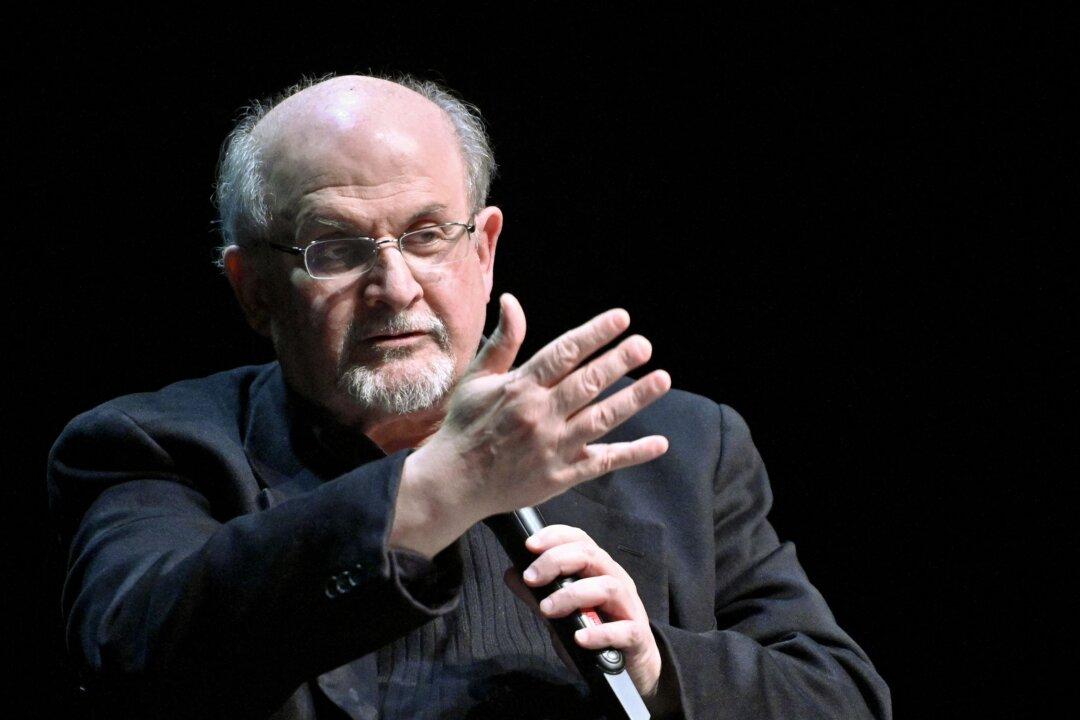DUBAI, United Arab Emirates—An Iranian official Monday denied Tehran was involved in the stabbing of author Salman Rushdie, though he sought to justify the attack in the Islamic Republic’s first public comments on the bloodshed.
The remarks by Nasser Kanaani, the spokesman for Iran’s Foreign Ministry, came three days after Rushdie was wounded in New York state. The writer has been taken off a ventilator and is “on the road to recovery,” according to his agent.





